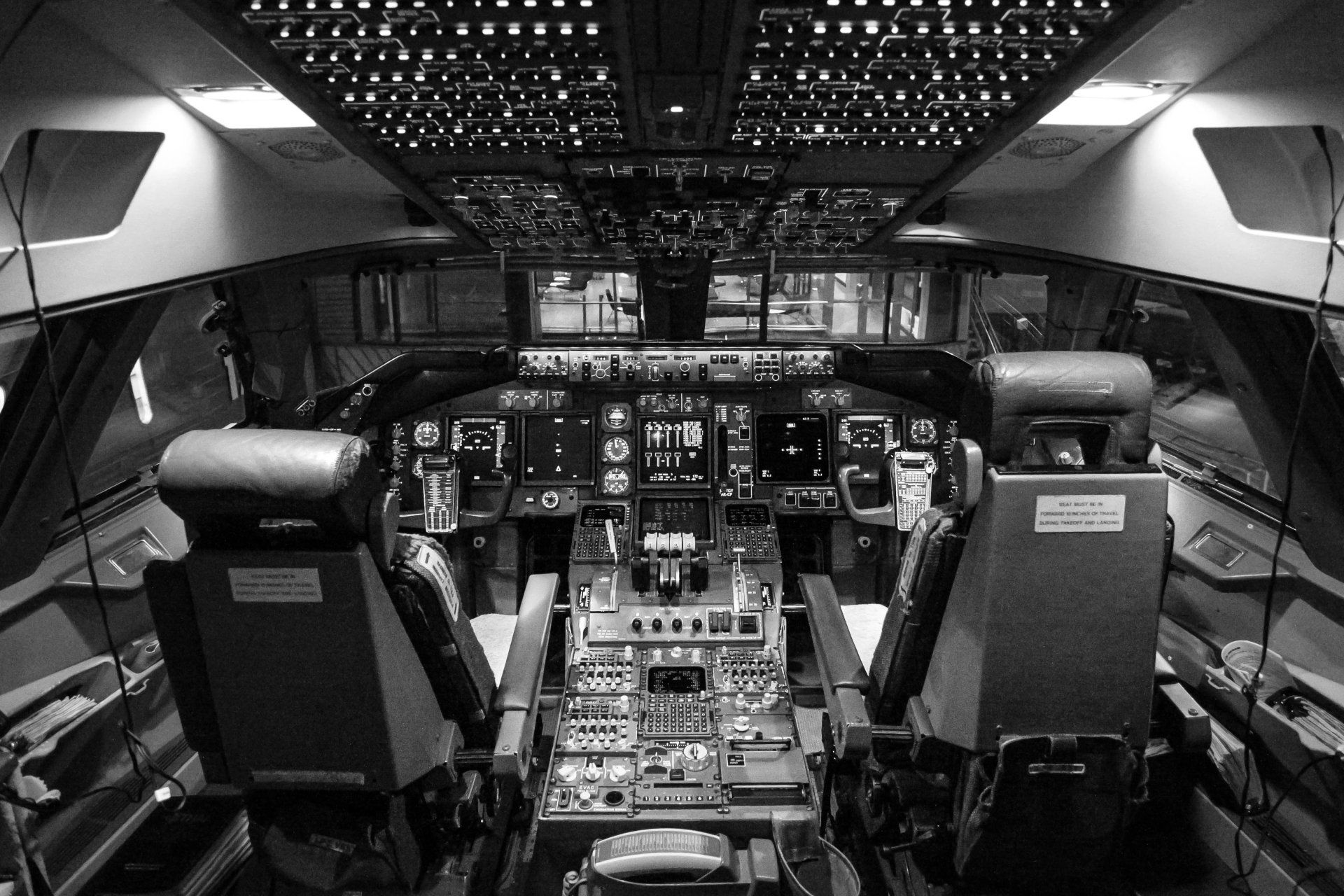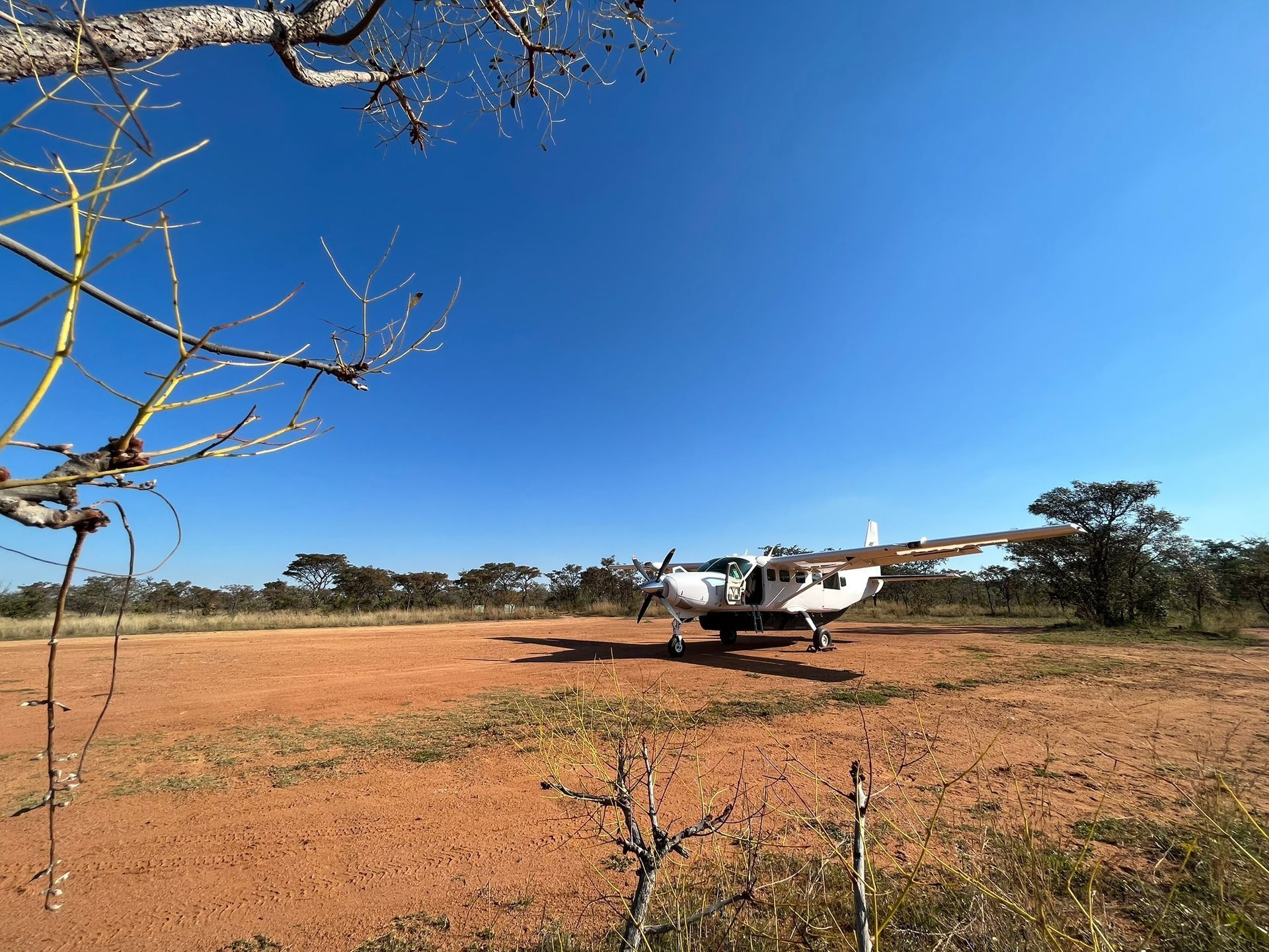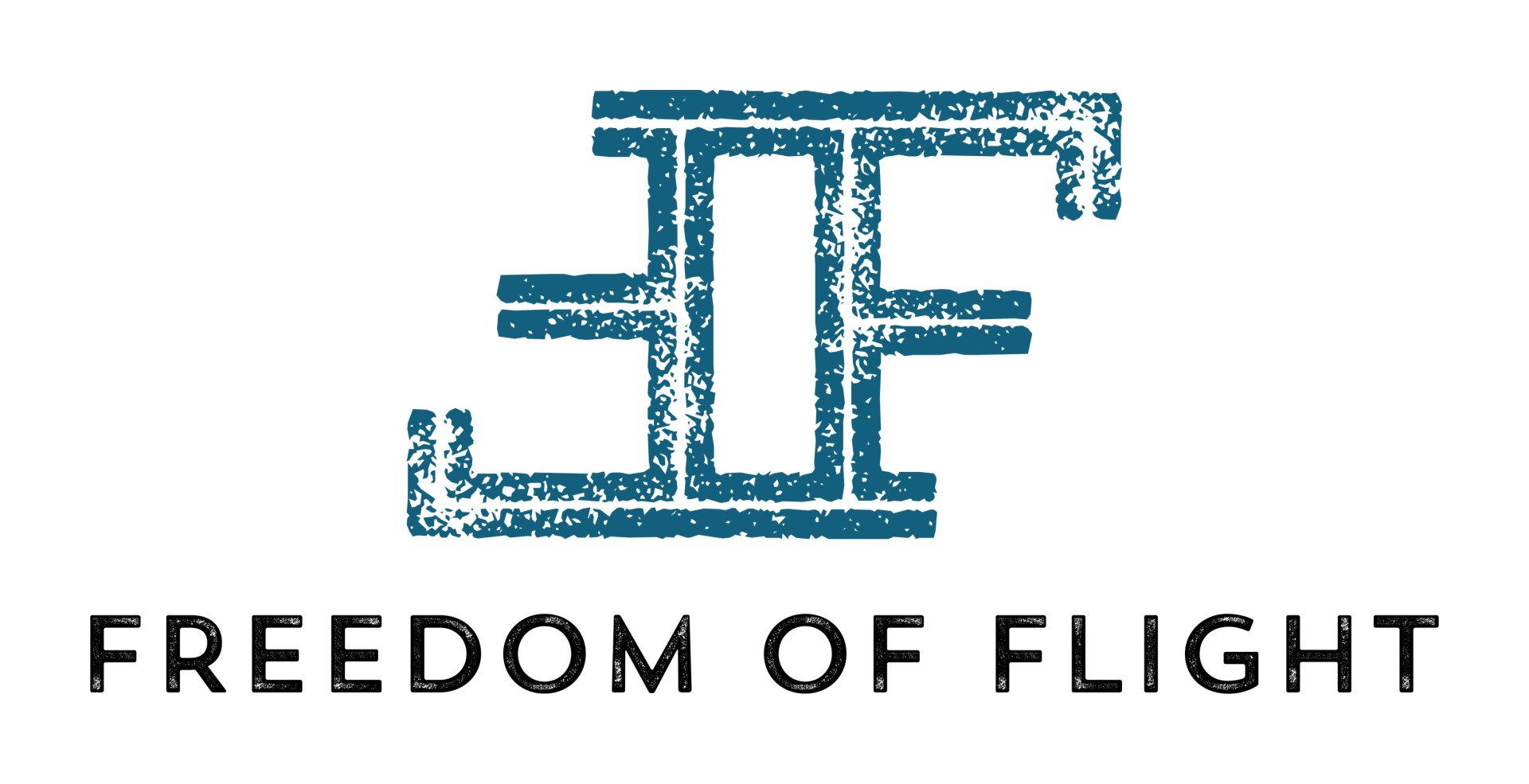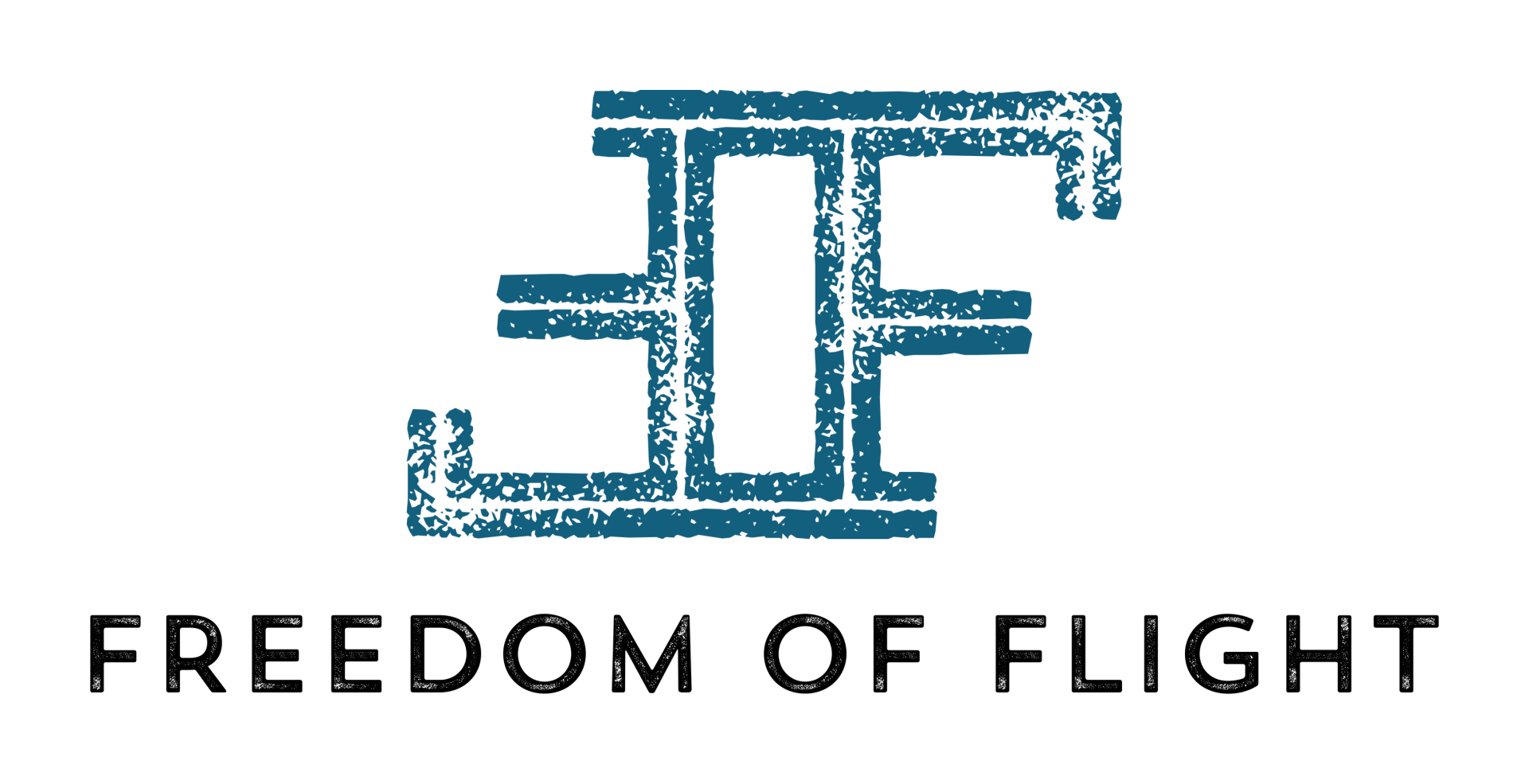Blue Horizons: Aviators Visions
“Turbulence on the Horizon: Preparing for a bumpy ride”

As you embark on the exciting journey of becoming a successful airline pilot, it's crucial to be aware of the challenges and potential obstacles that lie ahead.
In this article, I’ll provide an honest and comprehensive look at the cons and difficulties associated with a career in aviation, from the financial burden of training to the high-stress environment in the cockpit.
Just like the pre-flight planning that every pilot undertakes, understanding these challenges and risks is a vital part of making an informed decision about your future in aviation.
So, join me again, as we navigate the complexities of this rewarding career, dispatching you with the information and knowledge to make the best choices and face the turbulence head-on.
"Pilots are typically employed not only for what they do on a daily basis, but for what they are able to do when it comes down to them needing to do it."
Understanding the challenges, knowing the risks you may face, and how you decide to act during the encounter will help you better understand how important understanding the decision-making module is, not only on the flight deck, but throughout your career.
While becoming an airline pilot can be a rewarding and exciting career choice, there are some negative aspects and challenges to consider. Only you will be able to decide on how you act to overcome these challenges, and in so doing, determining your career path and its success.
Here are some points to consider:
- Financial burden:
The cost of pilot training can be substantial, and financing options such as loans or scholarships may not cover the full amount. This financial strain can result in significant debt, which may take years to repay.
In another article, I've gone into some detail regarding the funds needed for initial flight training, just keep in mind that financial investments will likely be required during your career in order to provide you with access to opportunities or make you more marketable in the environment. - Earning potential:
While airline pilots can eventually earn a high salary, starting salaries, especially for regional or low-cost carriers and charter companies, can be relatively low. It may take several years to reach a comfortable income level. There is always the risk, and reality, that employers of new to market (low-hour) pilots, will capitalise and take advantage of this situation by offering low salaries for "the opportunity to progress in your career", or "build hours". Unfortunately this is sometimes the break that a low hour pilot may need, but, not so obvious, in that employers conducting themselves in this manner does very little for the industry. It inevitably demonstrates a lack of standards and recognition for skills, and also leads to an overall decrease in salary expectation throughout the industry, leading to lower market related salaries and remuneration for skillset and qualification further down the line and throughout the market. - Personal sacrifices:
The journey to becoming a successful airline pilot may require many hours away from home, and continued commitment to studying and up-skilling yourself. You may even be met with a necessity to relocate to pursue training or a job opportunity, which could result in leaving behind family, friends, and familiar surroundings. - Long and irregular hours:
Airline pilots often work long hours, weekends, and holidays, with irregular schedules that can be disruptive to personal and family life. The crew that man the flight deck in an airline environment work around the schedules of the everyday person in society, this typically means that you are either out early in the morning, or back late at night. Airlines and aviation do not go on holidays or have weekends, as these are often the busiest times for these companies. You will need to consider your family and social life when walking this journey. Flight crew may be limited to Flight and Duty limitations in terms of regulations, but for the airline, being efficient and profitable, means maximum utilisation of flight crew within this allowance. - Time away from home:
Pilots frequently spend nights away from home due to layovers and long-haul flights. This can be challenging for maintaining relationships and managing family responsibilities. - Health and well-being:
The irregular sleep patterns, long hours, and changing time zones associated with a pilot's lifestyle can negatively impact physical and mental health. On your journey to the airlines, the type of flying that you may need to do, could require that you find yourself working in high pressured and stressful environments. I cannot stress enough the importance of mental and physical health in this environment. The better you look after yourself in this regard, the more fulfilling your life will be in this career. - High-stress environment:
The responsibility of flying an aircraft, whether it is with one, or with hundreds of passengers can be stressful, and pilots must constantly maintain their focus and composure even in challenging situations. I touched on it at the beginning of this article, pilots are not paid for what they do daily, they are paid for what they can do when it counts the most. - Job security:
The aviation industry can be volatile, with factors such as economic downturns, political events, and global crises affecting employment opportunities. This can lead to job losses, furloughs, or airline bankruptcies. - Lengthy career progression:
It may take several years to advance from a first officer to a captain, and opportunities for promotion may be limited, particularly in smaller airlines. - Constant learning and recertification:
Pilots must continuously update their skills and knowledge through recurrent training, maintaining licenses, and passing regular medical exams. This can be time-consuming, some find it stressful, and it adds to the overall cost of maintaining a pilot's career.
While these challenges can be significant, many pilots find the rewards of a career in aviation worth the sacrifices.
It's essential to carefully consider the potential drawbacks before committing to a career as an airline pilot to ensure it aligns with your personal values and long-term goals.
On to the next.
[Navigating the Skies: Exploring the airways of the successful Airline Pilot’s Journey]
[Clear Skies Ahead: Smooth sailing and office views]








